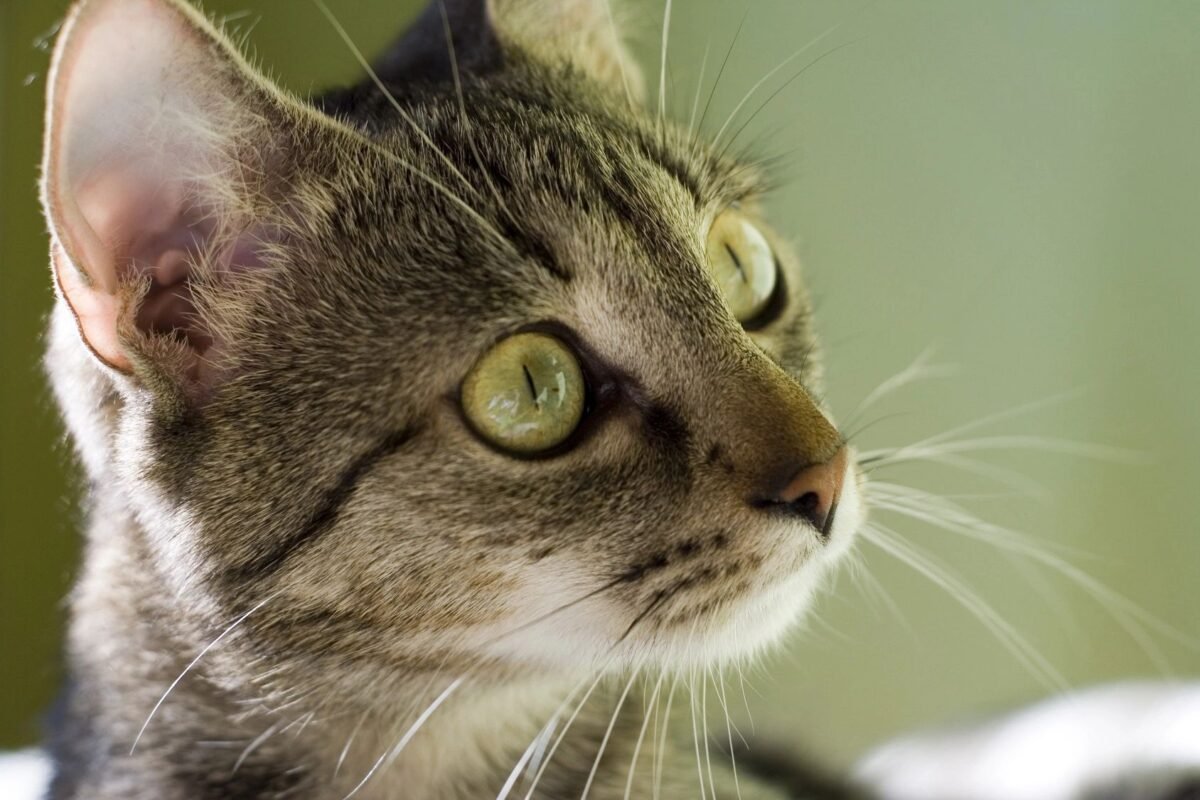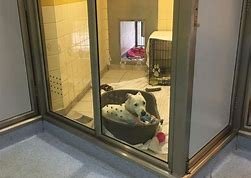Cats inhabit every continent except Antarctica and the world is full of cat lovers who find nothing more relaxing than the company of one purring on their lap. For this reason they rank second in popularity in most countries to the dog. But their popularity doesn’t extend to everyone and governments, conservationists, hobbyists and scientists are among the many who dislike them for a variety of reasons.
It seems cats cannot do anything right.
For every person who loves cats there is probably another who hates or has a phobia about them. If a cat digs a hole in someones flowerbed or even worse the vegetable patch, many gardeners will run for their air rifle or garden hose, or resort to even crueller deterrent methods. Dogs though seem to be able to poo wherever they wish and we mostly turn a blind eye to the mess they leave behind or to the abandoned plastic poo bags littering the ground. This is because a large proportion of society do not like cats invading their space even though they have the decency to cover up their toiletry antics unlike dogs.
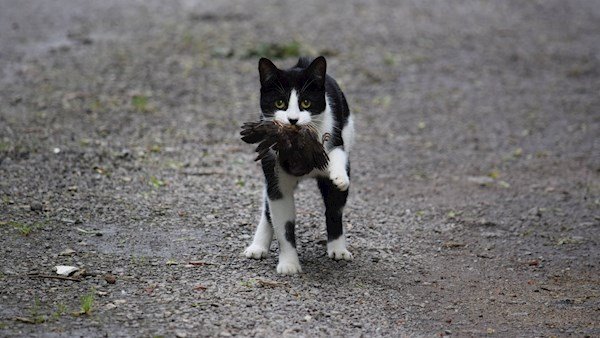
We find them to be the cause of our allergies, are frightened they will asphyxiate our sleeping babies, spread disease and infest us with fleas. We view them as vicious and bad tempered and declaw them, classify them as pests just like rats and are afraid of their aloof attitude or believe they are demonic with their ‘evil’ stare. Hoarders keep hundreds of them confined in their houses little understanding the suffering they are causing.
In retaliation for their perceived crimes or just for fun many torment them, poison them, shoot them with airguns from their bedroom windows. Or kill and mutilate them as in the case of the notorious “cat ripper of Croydon” who allegedly stalked the London Borough luring an estimated 400 cats to their deaths with chicken, before strangling, decapitating and mutilating their bodies. Prosecutions for cat cruelty are common and the offences often vicious.
We hate cats for following their predatory instincts
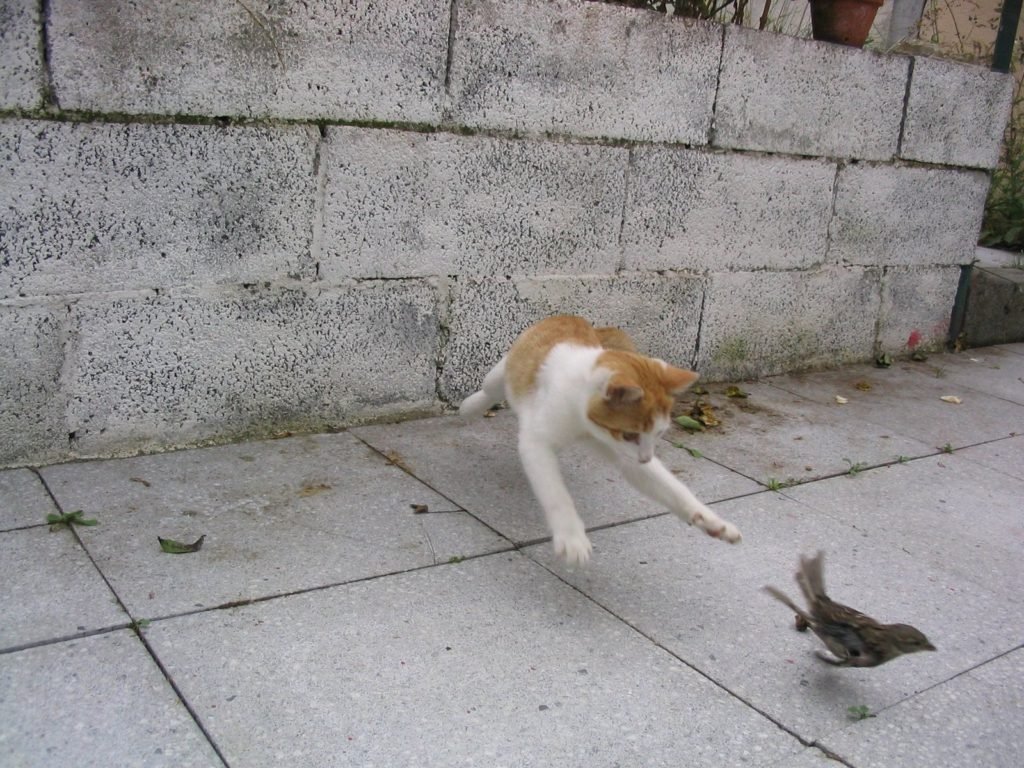
And we are only talking about pet cats here. When it comes to stray and feral cats it is all out war against them the world over. So what is going on. It would seem that cats are being vilified for just being cats. Their main crime is that they pursue their natural instincts and behaviours as predators and through feckless ownership they have become pests in many people’s eyes.
So who are these people who have an aversion to cats? Well, as already mentioned, there are the gardeners who cannot stand these free roaming creatures that trespass and soil and damage their land. Then we have bird, small mammal, reptile and amphibian enthusiasts who are appalled that they sadistically chase, play, kill and eat hundreds of millions annually.
So called feral cats bear the brunt of all the antagonism. Most feral cats prefer to live alongside us, but remain disassociated from us, preferring to scavenge and hunt in order to survive. But being ‘animal lovers’ we insist on trying to help them, by feeding, catching and neutering them, causing them to live in closer proximity to us. This can then cause conflict when local residents begin to view them as vermin because they cause smells, mess and damage similar to rats.
Governments and conservationists in Australia and New Zealand and many island nations are paranoid about their feral cats because of their impact on small native species of birds, reptiles and small mammals particularly marsupials. Australia has a five year plan ending in 2020 to kill 2 million of them by various methods such as shooting, trapping and poisoning.
They may not be able to breed but they can still eat
Conservationists, many individuals and local and state governments believe extermination is the answer and decry any other initiatives like trapping, neutering and releasing. They believe it is not cost effective and doesn’t decrease numbers because it is impossible to neuter them all and stop owners from abandoning more. And it just maintains large cat colonies which in some circumstances can cause havoc in nearby sensitive wildlife areas. They may not be able to breed, but they can still eat is the stance that the exterminator lobby take.
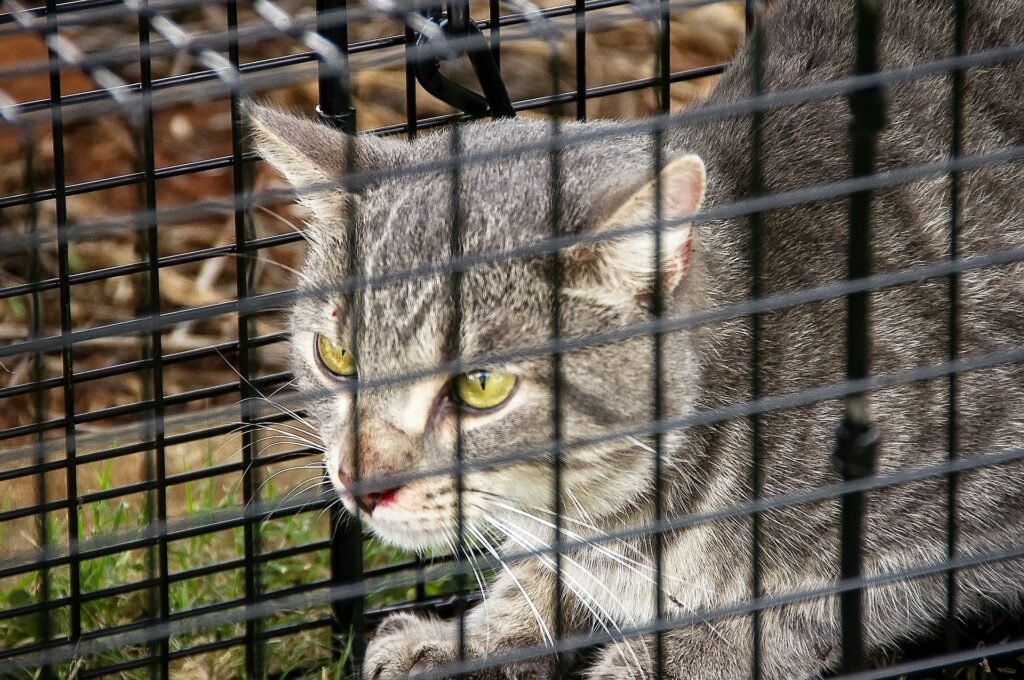
The town of Omaui in New Zealand has plans to be the first authority to ban cats by stopping owners from replacing their pet after it dies to gradually phase them out. Some countries want to ban them going outside at all, others have curfews and bans on letting cats out if they live near vulnerable wildlife. There is a worldwide movement to basically curtail cat owning and stop cats from enjoying a natural life.
Unfortunately, there are far too many people who cannot accept or tolerate the fact that they are predators and no matter how much you try, you can never take the killer instinct out of a predator. In fact it is unfair to do so, or for that matter chide them for doing so. It is through our feckless ownership that we have created the problem of so many stray and feral cats and have put them into this position. Therefore it is only fair that we should endeavour to have more tolerance, otherwise even more stringent regulations will make it impossible for them to enjoy natural lives.
New book by John Brookland – available now.
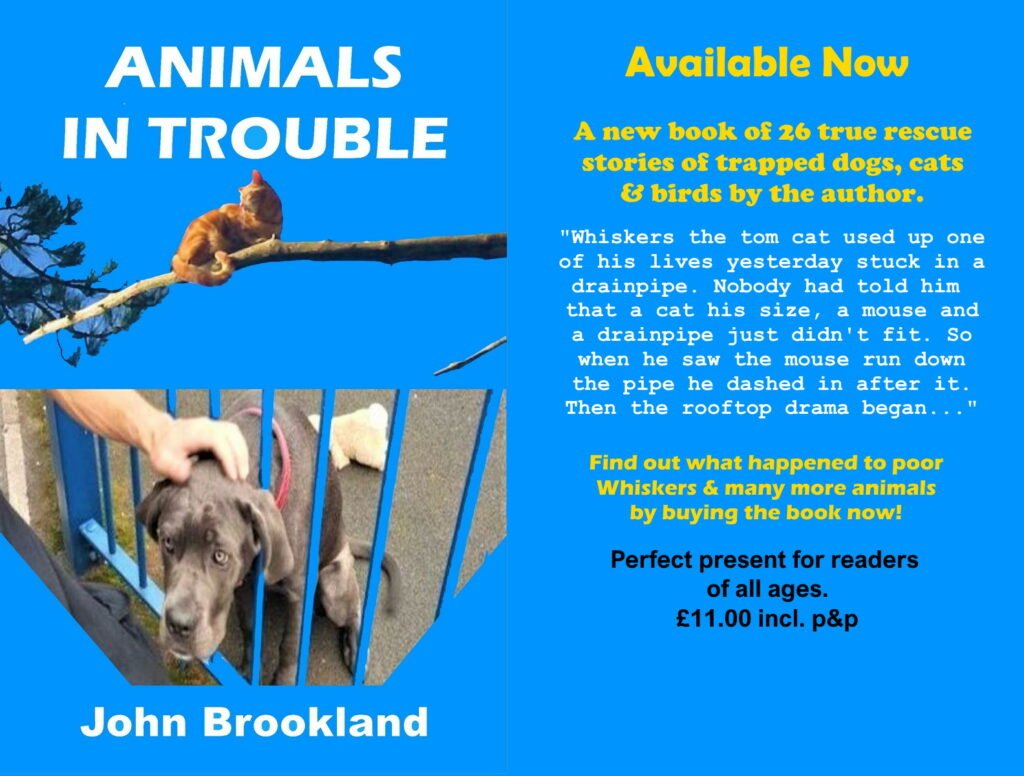
https://amazon.com/author/john-brookland
